Russians kill a citizen of Georgia and arrest another in the occupied Tskhinvali region. What is going on?
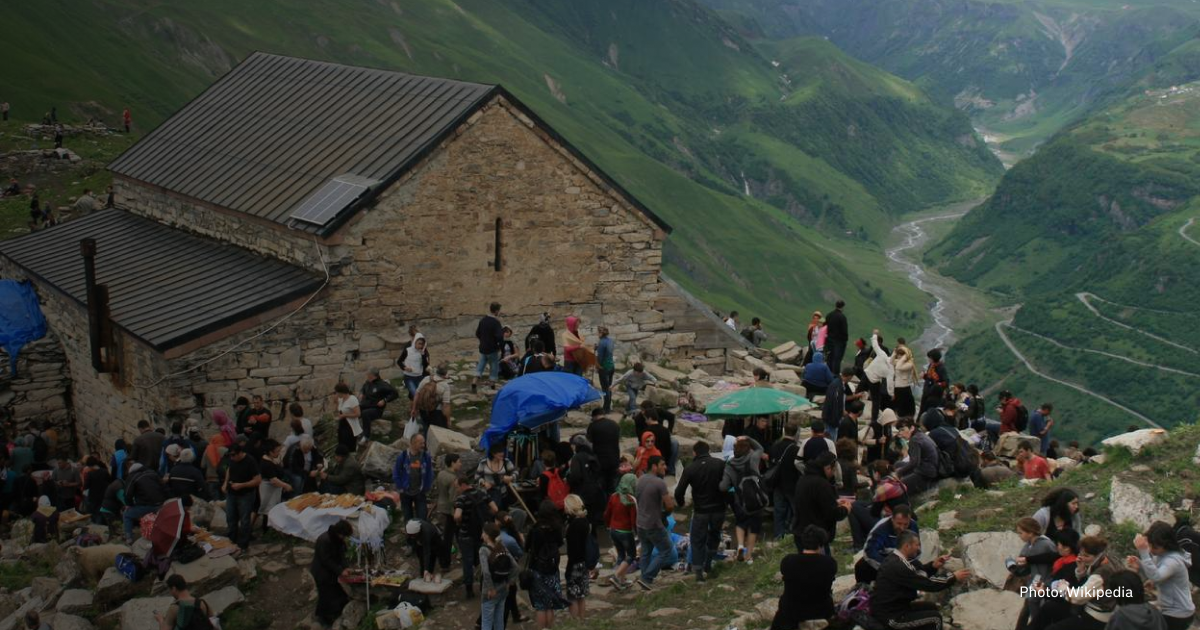
What has happened?
The Russian military killed a citizen of Georgia on the territory of unrecognised South Ossetia.
On November 6, Russian troops killed a man near the village of Kirbali in Gori Municipality in the Russian-occupied Tskhinvali region. Another man was abducted and taken in an unknown direction.
The State Security Service of Georgia confirmed this information.
The Ministry of Internal Affairs of Georgia opened two criminal cases on the charges of murder and abduction (illegal deprivation of liberty). Investigations are ongoing.
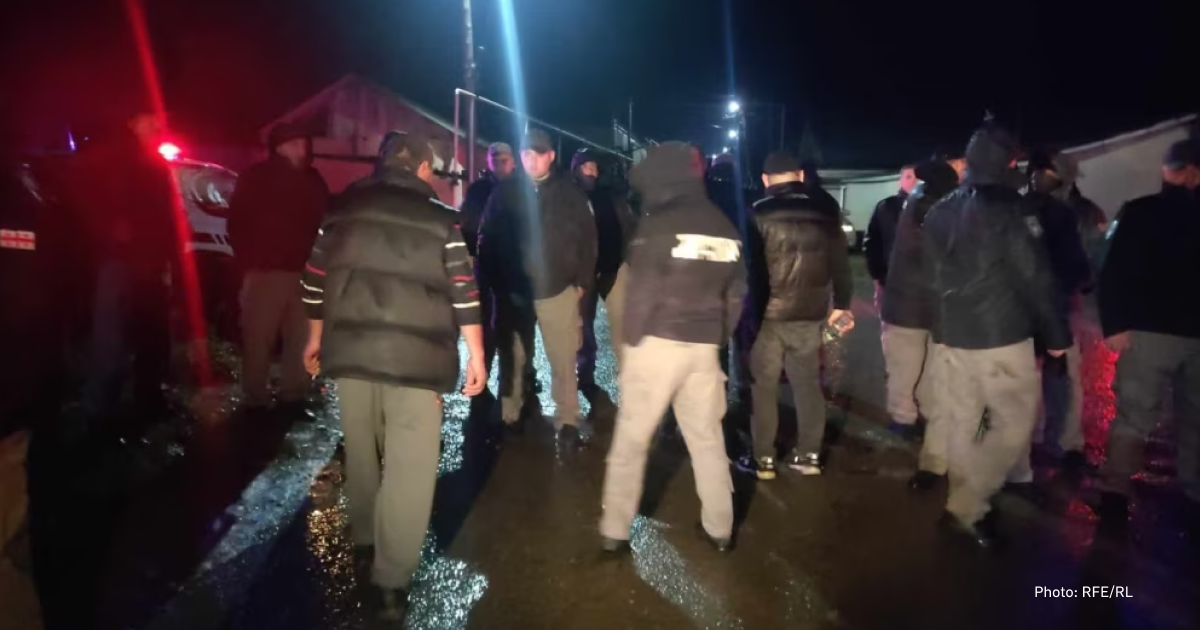
What is known about the crime scene and the victims?
Georgia News & Features — RFE/RL, citing Davit Tsertsvadze, a representative of the City Сouncil in Kirbali, reports that the incident occurred in the Lomisа Church in the Gori district.
In 2018, the Russians effectively restricted access to the Lomisа Church in Kirbali.
Residents living near the administrative boundary line with South Ossetia/Tskhinvali region have lost access to at least nine churches of the Georgian Orthodox Church,
Amnesty International reports.
According to locals, the victims, Tamaz Ginturi and Levan Dotiashvili, entered the church to light a candle. Later, they heard the sound of gunfire.
Ginturi died of a gunshot wound, and Dotiashvili was taken away in an unknown direction. According to journalists of the Mtavari TV company, 35-year-old Levan Dotiashvili is allegedly being held in the occupied Tskhinvali pre-trial detention centre.
Mtavari reports that Ginturi is a former special forces officer and veteran of the 2008 Russian-Georgian war.
Murdered Tamaz Ginturi is the brother of Nikoloz Ginturi, a member of the United National Movement faction of the Gori City Council.
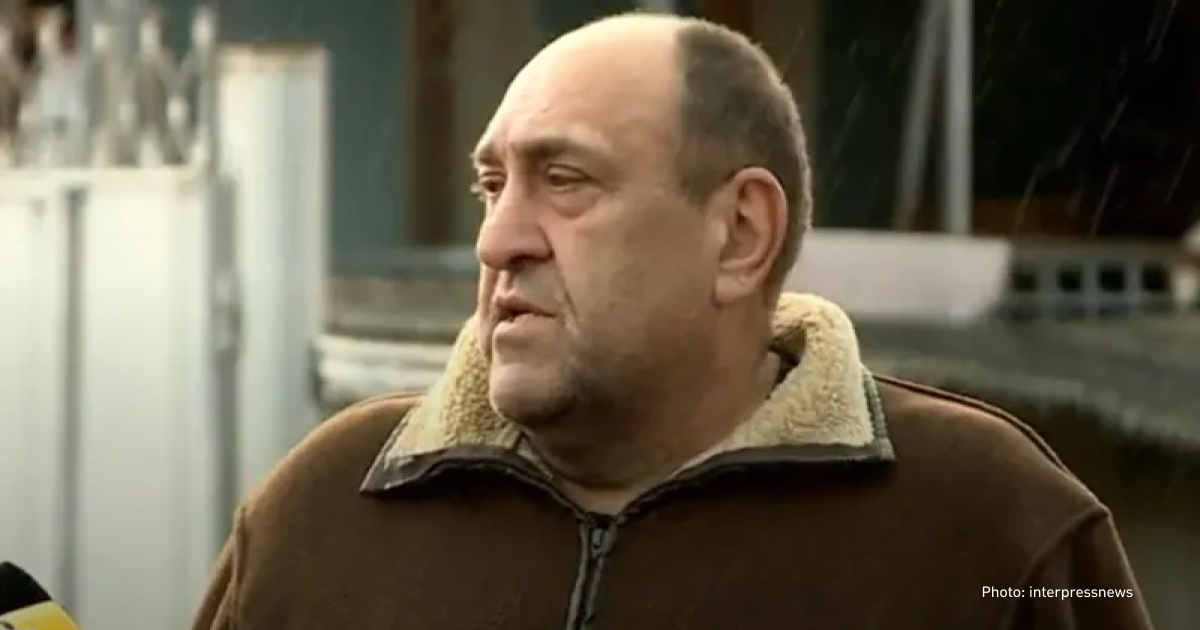
He visited the grave of his late parents. He lit a candle, turned around and saw the Lomisa church, wanted to go up there too... when he drove up in his car... two bullets hit him,
says Nikoloz Ginturi, Interpressnews reports.
The United National Movement is a centre-right opposition party founded by Mikheil Saakashvili in 2001. It advocates for Georgia's accession to NATO and the EU.
In 2018, the UNM teamed up with the Civic Alliance for Freedom, the European Democrats, the Christian Conservative Party, the State for the People, and others to form the opposition coalition Strength in Unity.
The opposition currently holds 56 of the 150 seats in parliament.
The reaction of the government of Georgia, the occupation authorities of the Tskhinvali region and the world
President Salome Zurabishvili called it "a blatant attack on Georgian statehood, which once again exposes the true nature of the 'brother of the same faith'".
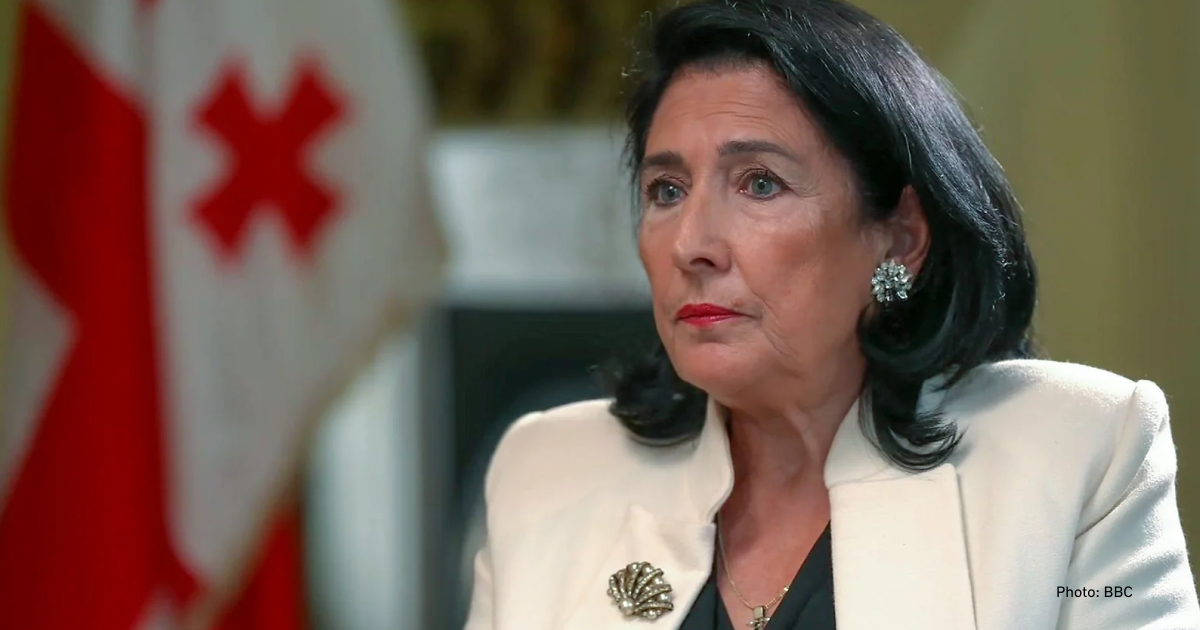
We are actively working on the speedy release of another citizen of Georgia illegally detained by the occupation forces,
added Georgian Prime Minister Irakli Gharibashvili.
Tbilisi Mayor Kakha Kaladze said that the occupation of South Ossetia and Abkhazia, which led to the November 6 killing, was made possible by the previous government of the now-imprisoned Mikheil Saakashvili.
Former President Saakashvili also commented on the incident.
This is a consequence of the policy of cooperation and expansion... The occupiers rule Georgia, and as long as it remains so, the lives of individuals and the Georgian statehood are under attack,
Mikheil Saakashvili wrote.
He added that to prevent such a tragedy, it is necessary to return the special forces that used to stand on the "demarcation line" and to stop the "shadow political schemes" that Russia is always conducting through Georgia.
This death is a stark example of the destruction caused by Russia’s ongoing occupation of Georgia’s sovereign territory and elsewhere,
said US State Department spokesman Matthew Miller.
The EU High Representative for Foreign Affairs and Security Policy, Josep Borrell, condemned the killing and abduction of the citizens of Georgia.
We call for an immediate release. Russian military presence in the Georgian occupied breakaway regions of Abkhazia and South Ossetia is illegal,
Borel wrote in his X.
For its part, the KGB of the breakaway South Ossetia said that a border patrol in Tskhinvali had detected border violators in a car. The men were allegedly under the influence and resisted arrest.
Occupation of Abkhazia and South Ossetia
In early 1991, after the collapse of the USSR, Georgia declared its independence. Representatives of the Abkhaz and Ossetian national communities in the north declared their independence.
Military action then broke out. The Georgian army lost to the separatists supported by Russia. Under pressure from the Kremlin, the parties signed ceasefire agreements. The territory of South Ossetia was divided. Georgia deployed its peacekeeping missions on one side of the "demarcation line" and separatist groups and the Russian Federation on the other.
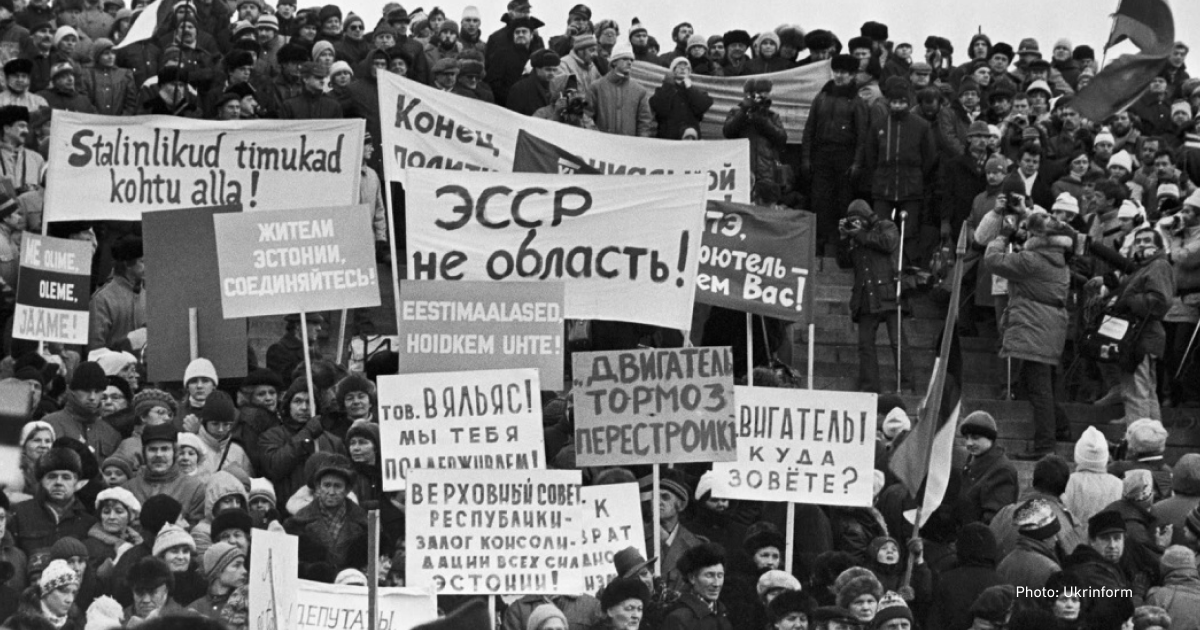
In 2008, relations between the Georgians and the Russians deteriorated. In particular, in April, Georgia applied for a NATO Membership Action Plan. However, the Alliance postponed this decision, promising Georgia future NATO membership without specific guarantees (the same thing happened with Ukraine at the same summit – ed.)
In the summer of that year, tensions between Georgia and South Ossetian separatists grew. The shelling of settlements in the territory controlled by Georgia became more frequent.
According to then-President Mikheil Saakashvili, the Russian army launched an invasion claiming to protect Ossetians.
On August 10, Georgia handed over a note to the Russian Foreign Ministry calling for a ceasefire. Still, Russian troops crossed the administrative borders of South Ossetia and Abkhazia and began to advance deeper into Georgia.
In 2018, former U.S. Secretary of State Condoleezza Rice said that in 2008, Russian Foreign Minister Sergei Lavrov mentioned Saakashvili's resignation among Russia's demands to end the war.
Eventually, Russia agreed to a peace plan and a ceasefire; however, was not going to withdraw from the region. So, in late August, Russia recognised the independence of Abkhazia and South Ossetia.
In 2021, the European Court of Human Rights ruled for the first time in the war-related case of Georgia v. Russia.
The court found Russia responsible for human rights violations in the territories of Abkhazia and South Ossetia after the war as "ethnic cleansing".


